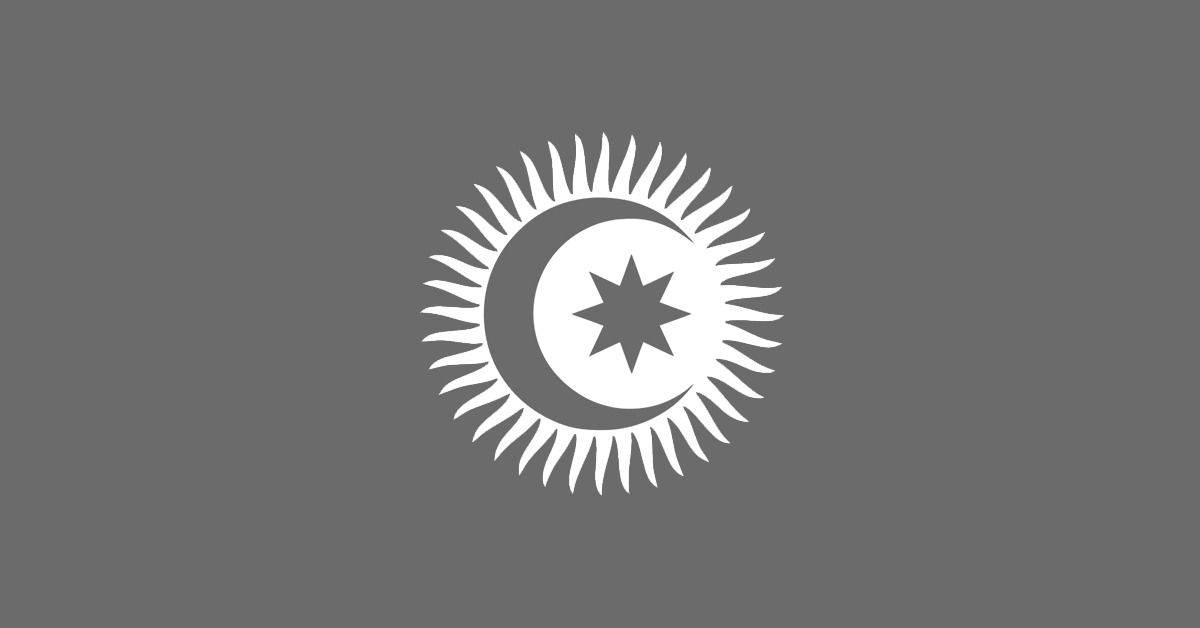2025
2025
2024-05-24

The objective of the Pan-Turkism ideology that emerged at the end of the 19th century was the unification of all Turkic peoples and the creation of the Great Turan under the leadership of the Ottoman Empire. Transcaucasia played an important role in this context, where the ideologues of Pan-Turkism considered the local Muslims, especially the Caucasian Tatars, which were later to receive the artificial Azerbaijani name, to be their supporters. The latter were recorded as an ethnic group in Soviet statistics only in 1939, with Stalin's direct instruction.
Before the spread of Pan-Turkism, Pan-Islamism was widespread among the Caucasian Tatars. The ideologues of Pan-Islamism aimed to encourage the religious self-identification of the local Muslim population and use it to their advantage. When Pan-Turkism became the dominant ideology in the Ottoman Empire, it also began to spread among the Caucasian Tatars. М. Rasulzadeh, the head of the National Council of the Azerbaijan People's Republic, who made significant contributions to the establishment of the state, repeatedly stated that Azerbaijanis did not perceive themselves as a distinct nationality due to a lack of national self-awareness. According to him, Azerbaijanis identified themselves more strongly as Muslims.
Therefore, he and several other figures proposed the idea of creating a Turkic state in the Caucasus, Azerbaijan, with the goal of fostering national identity through the establishment of a state. This establishment of this state was artificial process, because it was not based on a shared nationality and centuries-old national values. Instead, it resulted from the expansionist, chauvinist ideologies adopted by Turkey and transmitted to the Musavat party, such as the ideas of Ottomanism, Turkism, Pan-Turkism, and the Turkish-Azerbaijani deal.
When the Musavat party was founded in Baku in 1911, its founders, M. Rasulzadeh, G. Sharifzadeh, A. Kazimzadeh, and others, were sponsored by the Turks. According to the ideologues of Pan-Turkism, the newly created Azerbaijan should serve as a bridge between Turkey and the Turks of Povolzhye (Volga region), Middle, and Central Asia, with the goal of removing the Armenian presence from this path.
The following words of Behbud Jаvanshir, the Minister of Internal Affairs of Azerbaijan, vividly illustrate these ambitions: "This is a sacred war (referring to the claims for Artsakh in 1918), the purpose of which is the unification of all branches of the united Turkish nation. For this purpose, the annihilation of the Armenian nation is absolutely essential. Armenians are the only obstacle to the success of our policy. And this policy will open the way for us to India. We must exterminate the Armenians and move forward on our path over their corpses. Therefore, do not feel sorry for anyone and strictly do what you are commanded." Both Pan-Islamism and Pan-Turkism targeted Armenians, which is why the Armenian massacres of 1905-06 at the hands of the Caucasian Tatars took place and continued thereafter.
It should be noted that the Azerbaijani state, guided by such Pan-Turkist impulses, continues to conduct an openly anti-Armenian policy, instilling these ideas in its citizens from a young age. The persistence of these ideas was demonstrated by the 2020 military aggression against the Republic of Artsakh, which was followed by the expulsion of the Artsakh Armenians and the destruction of the Armenian traces in their native territory. Currently, considering the Artsakh issue resolved, Azerbaijan aims to achieve the disintegration of the Republic of Armenia by promoting the false thesis of "Western Azerbaijan."